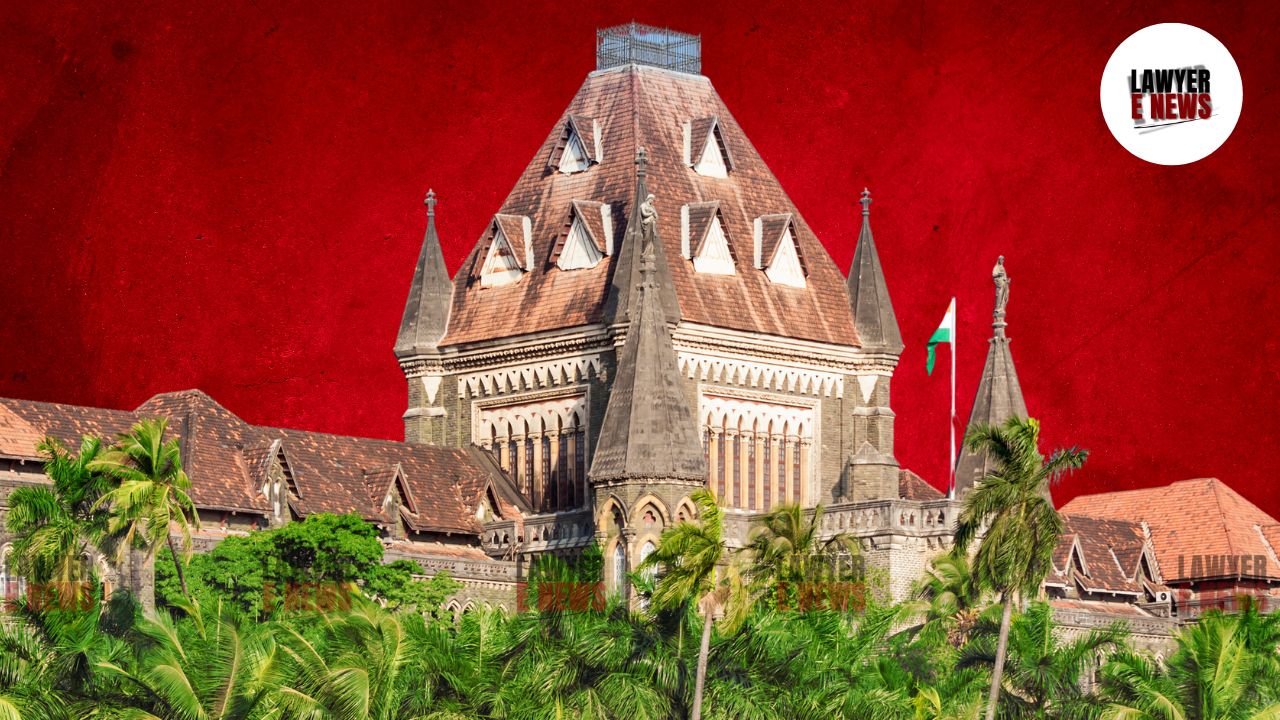-
by Admin
15 February 2026 5:35 AM



Bombay High Court, in Namdeo s/o Laxman Bansode v. State of Maharashtra (Criminal Revision Application No. 344 of 2004), set aside the conviction of the applicant under Sections 306 (abetment of suicide) and 498A (cruelty) of the Indian Penal Code (IPC). The court found that the prosecution failed to prove the charges of abetment and cruelty beyond a reasonable doubt, despite contradictory medical evidence regarding the cause of death. The court acquitted Namdeo Bansode and ordered the refund of any fine paid, while also discharging his bail bonds.
Namdeo Bansode was convicted by a trial court for the abetment of his wife’s suicide and cruelty under Sections 306 and 498A IPC. The trial court sentenced him to imprisonment, and the conviction was upheld by the appellate court. His wife had consumed poison, and the postmortem indicated signs of poisoning, while the chemical analysis showed no traces of poison. Bansode challenged the conviction on grounds of contradictory medical evidence, lack of clear proof of abetment, and insufficient evidence to support allegations of cruelty.
The High Court dealt with several crucial legal questions in the case:
Contradictory Medical Opinions: The applicant argued that the conflicting opinions between the postmortem report and the chemical analysis undermined the prosecution's case. The postmortem suggested poisoning, while the chemical analysis found no poison in the deceased's body. The defense contended that this contradiction raised reasonable doubt about the cause of death.
Abetment of Suicide Under Section 306 IPC: The applicant argued that the prosecution failed to prove any direct or indirect provocation or incitement that could amount to abetment under Section 306 IPC. The defense relied on precedents such as Naresh Kumar v. State of Haryana and Ude Singh v. State of Haryana, which emphasized that mere harassment or anger is insufficient to sustain a conviction for abetment of suicide unless a clear instigation to commit suicide is proven.
Cruelty Under Section 498A IPC: The defense argued that there was no continuous harassment or illegal demand for dowry, which is necessary to establish cruelty under Section 498A IPC. The allegations against the applicant were vague, and there was no evidence of coercion to meet unlawful demands, nor any significant mental or physical harassment immediately before the suicide.
Medical Evidence: The court referred to Modi’s Medical Jurisprudence, noting that poison may not always be detectable in the body after death due to various factors, such as evaporation or elimination through natural processes. Despite the contradictory chemical analysis, the court accepted the postmortem findings of poisoning, but held that this did not establish abetment or cruelty by the applicant. “The postmortem signs of poisoning cannot conclusively prove abetment or cruelty without further substantive evidence,” the court observed.
Abetment of Suicide: The court emphasized that to convict someone for abetment of suicide under Section 306 IPC, there must be clear evidence of instigation or intentional encouragement to commit suicide. The court found that the applicant's actions did not amount to active provocation or incitement. "There was no direct or indirect act of incitement to commit suicide, and mere allegations of harassment are insufficient," the court held, citing Ude Singh v. State of Haryana.
Cruelty Under Section 498A IPC: The court found that the prosecution had failed to establish a continuous pattern of cruelty or unlawful demands for dowry. The allegations surfaced only after the death, and there was no corroborative evidence from credible witnesses. The court held that general allegations of harassment, without clear proof of unlawful demands or continuous mental or physical torture, were insufficient to sustain a conviction under Section 498A IPC.
The High Court acquitted Namdeo Bansode, setting aside the concurrent judgments of the lower courts. It held that:
Contradictory Medical Evidence: The court acknowledged the inconsistency between the postmortem and chemical analysis reports but ruled that the medical evidence alone could not conclusively prove the applicant’s guilt.
Insufficient Proof of Abetment: The court reiterated that abetment under Section 306 IPC requires clear evidence of incitement, which the prosecution had failed to provide. The deceased’s suicide appeared to be an impulsive act, unrelated to any immediate provocation by the applicant.
Lack of Evidence of Continuous Harassment: The court found that there was no continuous or specific instance of cruelty or harassment that could justify a conviction under Section 498A IPC. The allegations against the applicant were vague and uncorroborated by credible evidence.
Refund of Fine and Discharge of Bail Bonds: The court ordered that any fine paid by the applicant be refunded and his bail bonds be canceled.
The Bombay High Court acquitted Namdeo Bansode, setting aside his conviction under Sections 306 and 498A IPC, citing a lack of evidence for abetment of suicide and cruelty. The court emphasized that contradictory medical evidence, vague allegations of harassment, and the absence of clear instigation or provocation were insufficient to sustain the conviction.
Date of Decision: September 23, 2024
Namdeo v. State of Maharashtra
